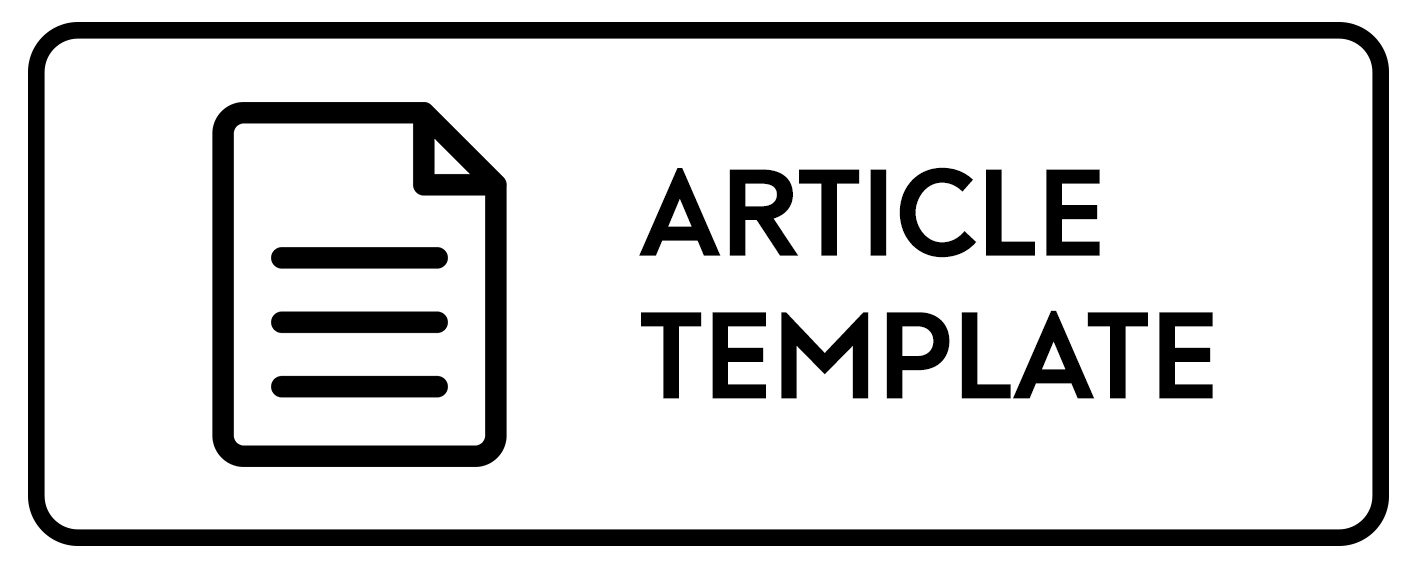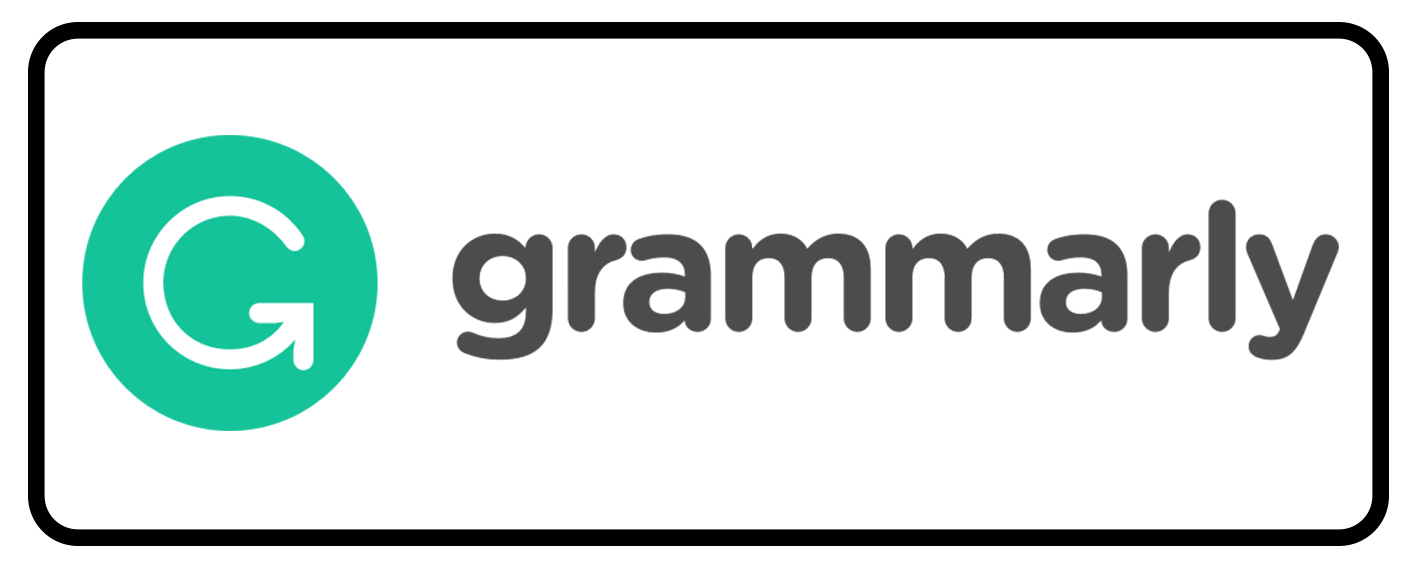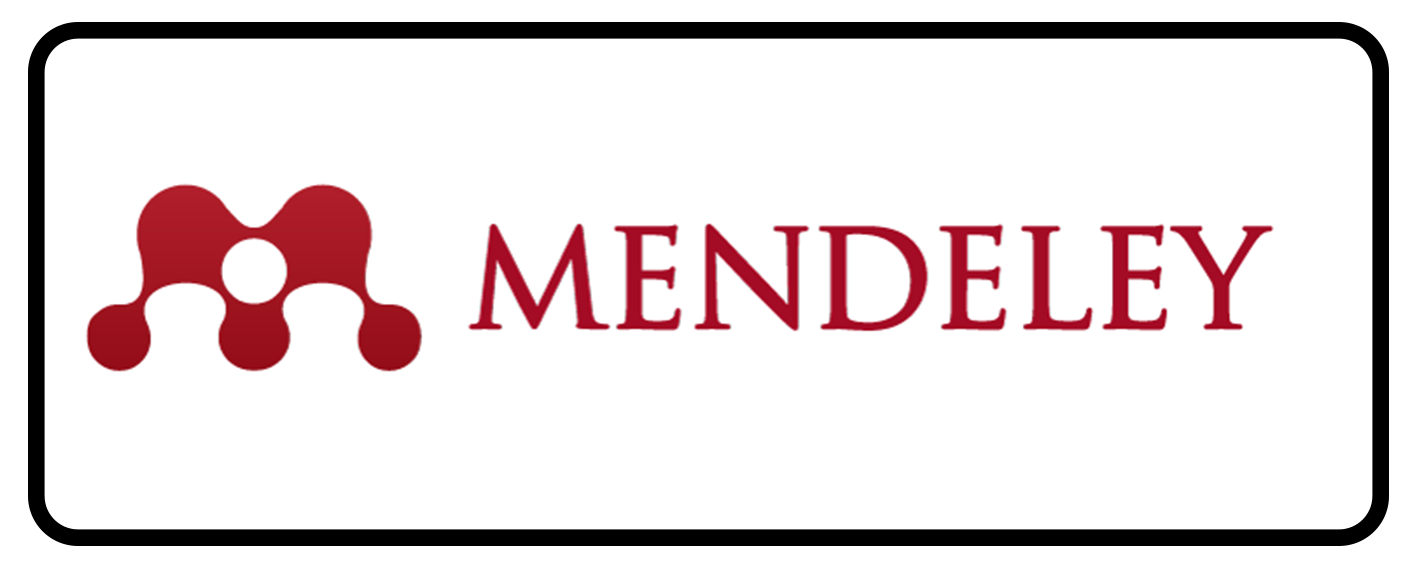MODAL DAN STRATEGI MAKSIM GORKY DALAM KONTESTASI DI ARENA SASTRA DAN ARENA SOSIAL
Abstract
Keywords
Full Text:
PDF BAHASA INDONESIAReferences
Bourdieu, Pierre. 1986. The Form of Capital. Dalam J.G Rochardson (ed) Handbook of theory and research for the Sociology of Education. New York: Greenwood Press
___________. 1990. Outline of a Theory of Practice. Cambridge: Cambridge University Press
___________. 1996. The Rules of Art. California: Standford University Press.
___________. 2006. Distinction: A Social Critique of the Judgement of Taste (trslted by Richard Nice. Harvard: Harvard University Press.
___________. 2010. Arena Produksi Kultural. Jogjakarta: Pustaka Pelajar
___________. 2011. Choses dites: Uraian dan Pemikiran. Jogjakarta: Kreasi Wacana
Bushkovitch, Paul. 2012. A Concise History of Russia. Cambridge: Cambridge University Press.
Cahyono, Bambang Eko Hari. Mulyaningsih, Indra dan Hadi, Panji Kuncoro. 2021. Wiji Thukul’s Textual Strategy in its Symbolic Contestation in Indonesian Literature Arena: Pieree Bourdieu’s Cultural Production Arena Study. Jurnal Gramatika: Jurnal Penelitian Pendidikan Bahasa dan Sastra Indonesia vol 7, no 1, April 2021. Singkawang: Stikip Singkawang.
Danilenko, V. P. 2016. A. P Chekhov Sovetuet A. M. Gorkomu. Jurnal Mezhdunarodniy Informatsionno-Analiticheskiy, no 2, vol 9, Juli, 2016. Maikop: Maikopsky Gosudarstvenniy Tekhnologicheskiy Universitet.
Dobrenko, Evgeny dan Balina, Marina. 2011. The Cambridge Companion to Twentieth-Century Russian Literature. Cambridge: Cambridge University Press.
Fashri, Fauzi. 2014. Pierre Bourdieu Menyingkap Kuasa Simbol. Yogyakarta: Jalasutra.
Faruk. 2012. Metode Penelitian Sastra: Sebuah Penjelajahan Awal. Jogjakarta: Pustaka Pelajar.
Fokkema, D. W dan Elrud, Kunne-Ibsch. 1998. Theories of Literature in the Twentieth Century (diterjemahkan oleh J. Praptadihardja dan Kepler Silaban). Jakarta: PT. Gramedia Pustaka Utama.
Gorky, Aleksei Maksimovich. 1932. Days With Lenin. London: Martin Lawrence Ltd
Isakov, S. G. 1992. Neizvestnie Pis’ma M. Gorkogo v Leninu. Revue des Etudes Slaves, tome 64, Fascicule 1, 1992. Paris: Institud des Etudes Slaves.
Kahn, Andrew, Dkk. 2018. A History of Russian Literature. Oxford: Oxford University Press.
Kaun, Alexander. 1937. Maksim Gorky, 1868 – 1936. Jurnal The Slavonic and East European Review, vol 15, no 44. London: University College London.
Lieven, D. 2006. The Cambridge History of Russia – Vol II Imperial Russia, 1689-1917. Cambridge: Cambridge University Press.
Mirsky, Dmitry S. 1999. A History of Russian Literature. Illinois: Northestern University Press.
Nugraha, S Latief. 2015. Strategi, Agen, dan Posisi Emha Ainun Nadjib di Arena Sastra dan Arena Sosial. Jurnal Poetika, vol III, no 2, Desember 2015. Jogjakarta: FIB UGM
Salam, Aprinus dan Anwar Saeful. 2015. Strategi dan Legitimasi Komunitas Sastra di Jogjakarta: Kajian Sosiologi Sastra Pierre Bourdieu. Jurnal Widyaparwa, vol 43, no 1, Juni 2015. Jogjakarta: Balai Bahasa DIY.
Spiridonova, Lidia. 1995. “Gorky and Stalin; according to New Materials from A.M Gorky’s Archive”. The Russian Review, vol 54, no 3, Juli 1995. Ohio: Ohio State University Press.
Yedlin, Tovah. 1999. Maksim Gorky: A Political Biography. London: Preager.
DOI: http://dx.doi.org/10.30872/calls.v9i1.6307
Copyright (c) 2023 Muhammad Musthofa Yunus

This work is licensed under a Creative Commons Attribution-ShareAlike 4.0 International License.
Editorial address:
Fakultas Ilmu Budaya, Universitas Mulawarman
Address: Jl. Ki Hajar Dewantara, Gunung Kelua, Kec. Samarinda Ulu, Kota Samarinda, Kalimantan Timur, Indonesia 75123
Email: jurnalcalls@fib.unmul.ac.id
Website: http://e-journals.unmul.ac.id/index.php/CALLS

CaLLs: Journal of Culture, Arts, Literature, and Linguistics site is licensed under a Creative Commons Attribution-ShareAlike 4.0 International License
CaLLs: Journal of Culture, Arts, Literature, and Linguistics indexing by:














